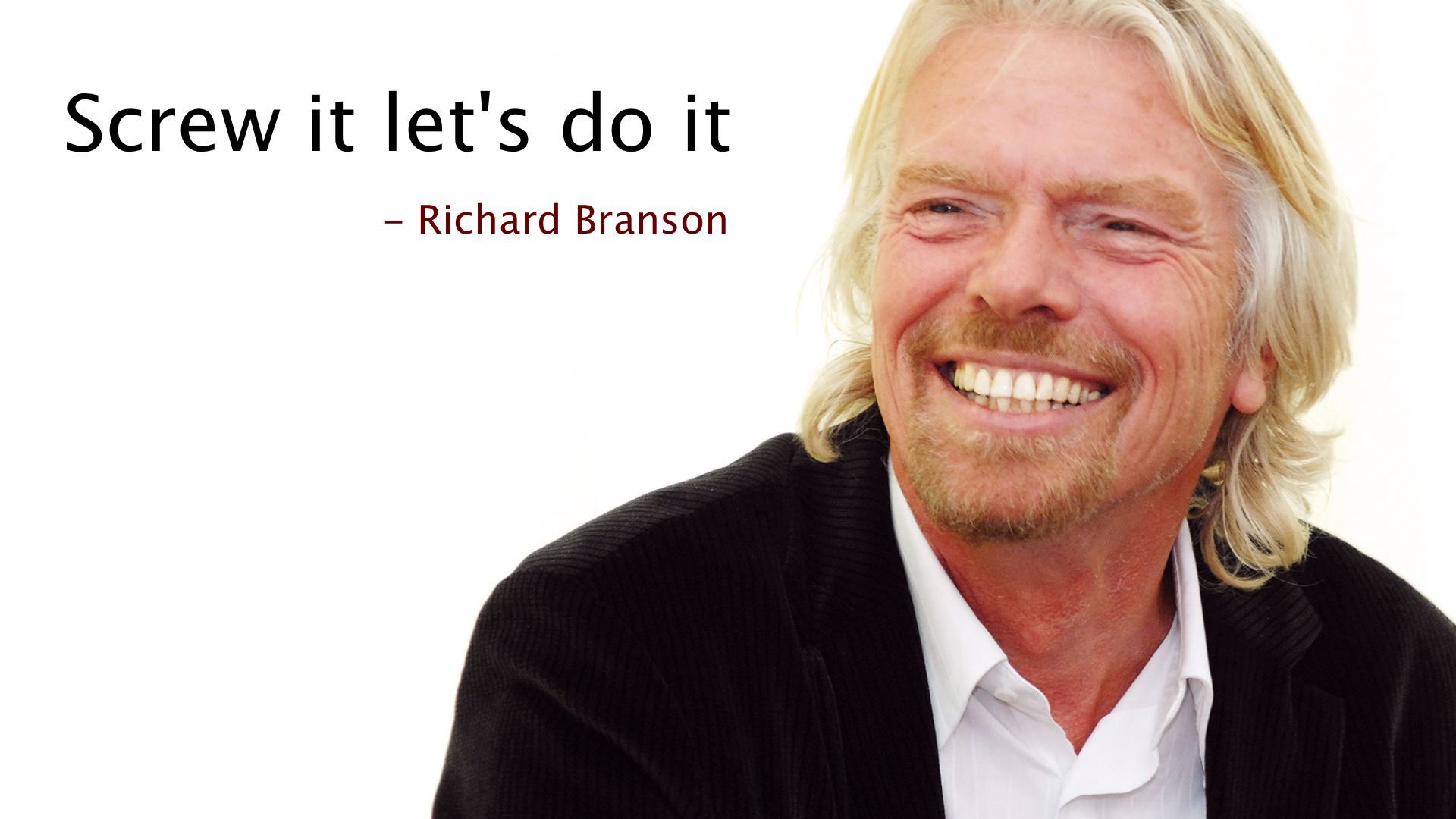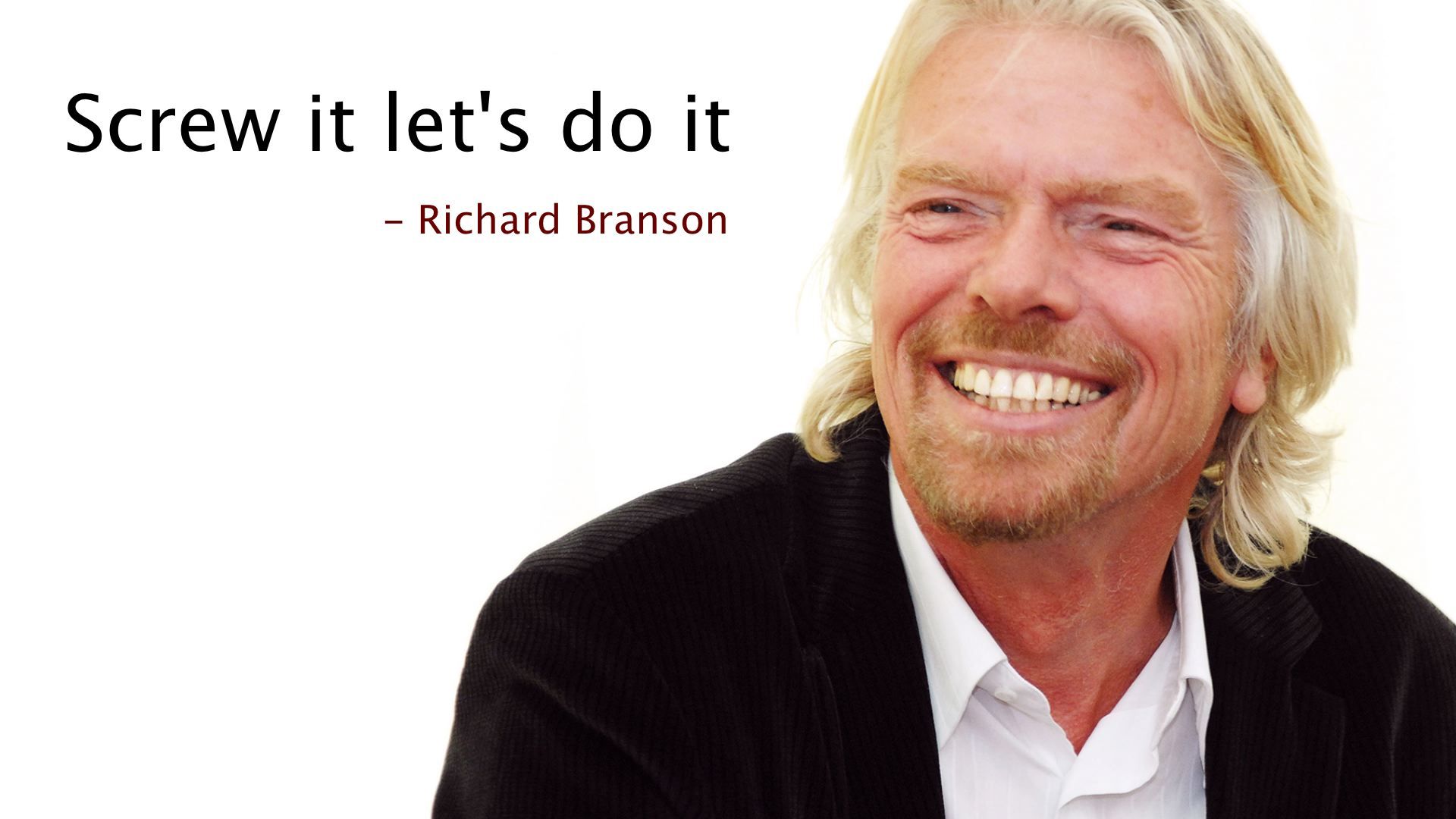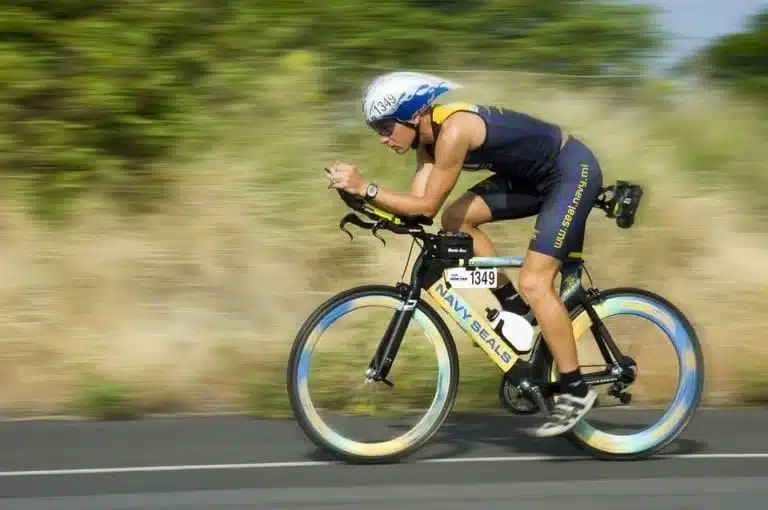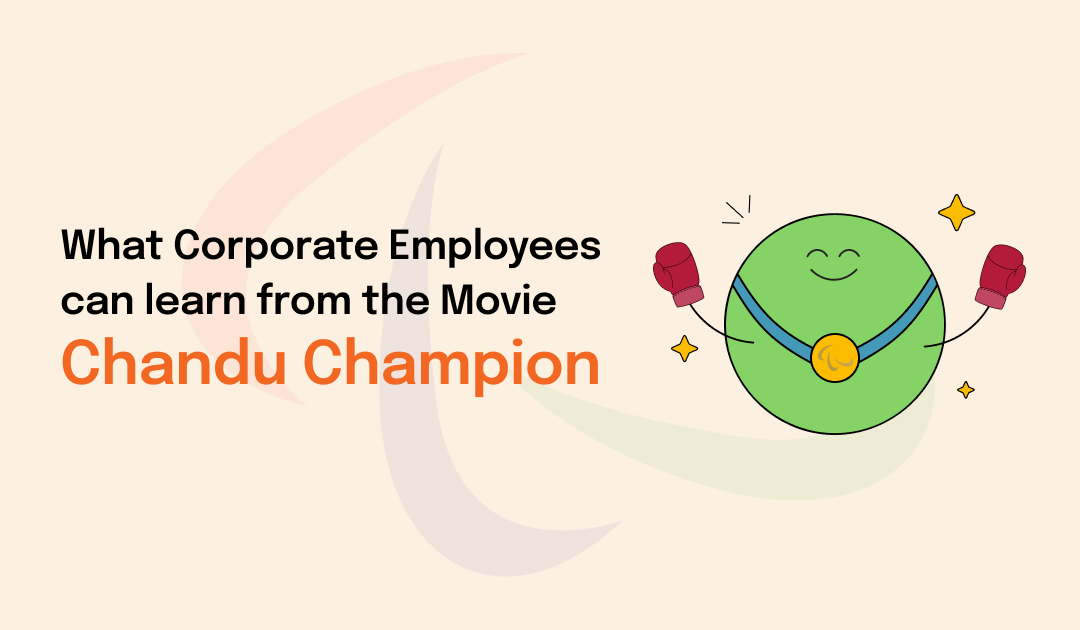Introduction
Table of Contents
Richard Charles Nicholas Branson is a British business magnate, investor, author and philanthropist. He founded the Virgin Group in the 1970’s, which today controls more than 400 companies in various fields. Branson expressed his desire to become an entrepreneur at a young age. His first business venture, at the age of 16, was a magazine called Student. In 1970, he set up a mail-order record business.
The book “Screw it, Let’s do it!” speaks about making realistic approach in life and having a clear mindset and goals in life which we need to work towards. It explains how having definitive goals are important and encourages us to have a practical one to start with. Branson explains something very interesting by saying that instead of being worried about the journey, thinking about the difficulties and hurdles which may come our way, we should learn to take a step back from our goal even before we begin the journey.
Will or Can’t – You Get To Choose!
He explains how WILL and CAN’T are both, 4 letters words and it’s the individual who decides which word to choose. We can choose what we want to become and work our way up or down, accordingly. A wonderful in-house example would be that of our very own co-facilitator turned facilitator, Glen pinto. He excelled as a Co-facilitator before venturing into the role of a Facilitator. His journey is a classic example of how we need to understand that we ourselves should be the biggest motivators and always reach out for better and bigger challenges!
Furthermore, we shouldn’t be worried about coming second in a race as the most important part is that we tried and made it there. One rule we should live by is to keep trying and never give up but plan, prepare, and then go for the kill!
Money I$ But A Resource

Life at Focus is all about having fun with your work, and if you are not having fun then you should try to understand what is not happening the way it should be and fix it. The author further explains that sometimes despite our best efforts, we might not be able to do much about certain situations in life. In this case, the best thing to do is to move on.
DISCLAIMER: The move-on part is the author speaking, not me guys, I wouldn’t suggest that or maybe, I would.
Branson further says even though everything thing moves around the philosophy of luck, it is important to grab every opportunity that comes your way. Take the chance and work for it!
“It’s better to have it and not need it than to need it and not have it”
Calculated Risks Yield Maximum Results
Another principle to live by is to calculate the risk involved, because despite your best efforts, you can’t protect yourself at all times. Risk plays an important role in the decisions made by any organization and/or individual. You should always should try to analyze the depth of a given situation before jumping to conclusions. At times, people tend to give up when there is a bigger risk. It is understandably easy to give-up when things are hard but the fact remains that we shouldn’t. In fact, often we fail to realize when and how we are giving up. Branson gives us amazingly insightful and simple examples of the same. For instance, the first battle of the day which most of us tend to lose, is the one against the alarm clock. The moment we snooze the clock, we portray a level of “will do it later attitude” towards the first task of the day – which is to get up on time.
The name of the game is to power through!
This book also makes you understand the thin line between being bold and being foolish. It is better to take a task and complete it with all the corners complete rather than taking something which is really out of reach and not able to deliver it on time. It takes courage to refuse an option and even more courage to keep your word.
Take Charge!
The writer speaks about taking initiatives. One cannot sit at one place constantly and expect everything will change automatically. An old recipe for Rabbit pie says – “First, Catch the rabbit.” Note here that it doesn’t ask you to buy the rabbit nor does it encourage you to sit at home while someone will hand the prize over to you, but rather encourages you to catch it. Interestingly enough, It also happens to be a way of life at Focus.
“We are responsible for our own growth and we need to get on with it. People will help you but not drag you all the way to success.”
Conclusion
The biggest learning to be taken away from this wonderful book is to never be scared to take on a challenge or even give-in too easy! Writer and renowned climber James once said, “Challenge is the core and mainspring of all human action. If there is an ocean, we cross it, if there is a disease we cure it, if there is a record we break it and if there is a mountain, we climb it.”
As a FocusU member, I feel we need to add just one more line to it –
“If there is a workshop, we ace it!”
















